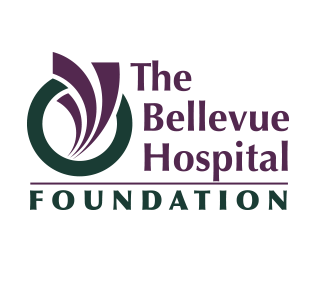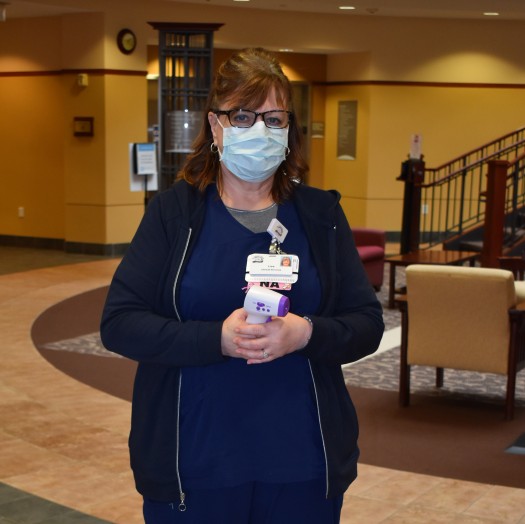With the stay-at-home order and the news that the coronavirus (COVID-19) is still present in Ohio, many people are practicing social distancing and staying home. These are important to do. The Bellevue Hospital (TBH) also reminds those with chronic conditions or signs of a major illness not related to COVID-19 should seek care when needed.
“If you have signs of a stroke, heart attack or other major life-threatening illness, please remember that our Emergency Department is open 24/7 to care for all emergencies,” said Dr. Jack Hay, a board-certified emergency medicine physician at The Bellevue Hospital. “It is important that you don’t delay care out of fear of coming to the hospital. We are taking precautions to ensure the safety of our patients and staff.”
Precautions in TBH’s emergency department include screening patients at the door and providing a mask to all patients showing signs of COVID-19. Staff members in patient care areas also are wearing personal protective equipment such as masks, gloves and face shields.
“To further prevent the spread of influenza-like illnesses, there are designated areas for both patients that might have influenza-like illnesses (labeled hot areas) and non-influenza-like illnesses (labeled cold areas). These two areas are separate from each other within the emergency department,” said Sara Brokaw, vice president of patient care services. “Similar areas are designated in the medical surgical and intensive care units as well. ”
“Our patients are our top priority. We are here to keep you safe and to provide our community quality healthcare, no matter the illness.”
Since the COVID-19 crisis started, TBH staff also has worked together to create a safe environment for all outpatients coming into the hospital. Services still available include cardiopulmonary, rehabilitation services, diagnostic imaging, laboratory services, ambulatory care, occupational health, diabetic education and medication management.
“Individuals with chronic illnesses need to continue receiving their care as prescribed by their primary care provider or specialist,” Brokaw said. “If you have a chronic condition, be sure to take care of yourself and continue getting the diagnostic testing and disease management services that you need.”
To protect patients from the spread of COVID-19, TBH has put standard precautions in place including restricting visitors, staggering appointment times to reduce multiple patients in waiting rooms, utilizing masks and personal protective equipment (PPE), and screening both staff and patients by checking temperatures and asking about symptoms of flu-like illnesses.
As a proactive measure, The Bellevue Hospital’s outpatient lab draws has new hours from 8 a.m.- 4:30 p.m., Monday through Friday at 1400 W. Main Street, Suite D, located in the medical offices behind the hospital.
The Bellevue Hospital’s physician group has also included standard safety precautions in their practices. In addition, the medical providers have started offering virtual healthcare options to allow patients to receive care without having to leave the comfort of their homes. Similar to a regular office visit, medical providers are able to discuss symptoms and concerns with their patients via video visits from a smartphone or computer. Patients would need to call their Great Lakes Physicians provider to discuss these appointment options. For more details, visit https://www.bellevuehospital.com/services/great-lakes.
For more information on TBH’s COVID-19 response, visit www.bellevuehospital.com.


